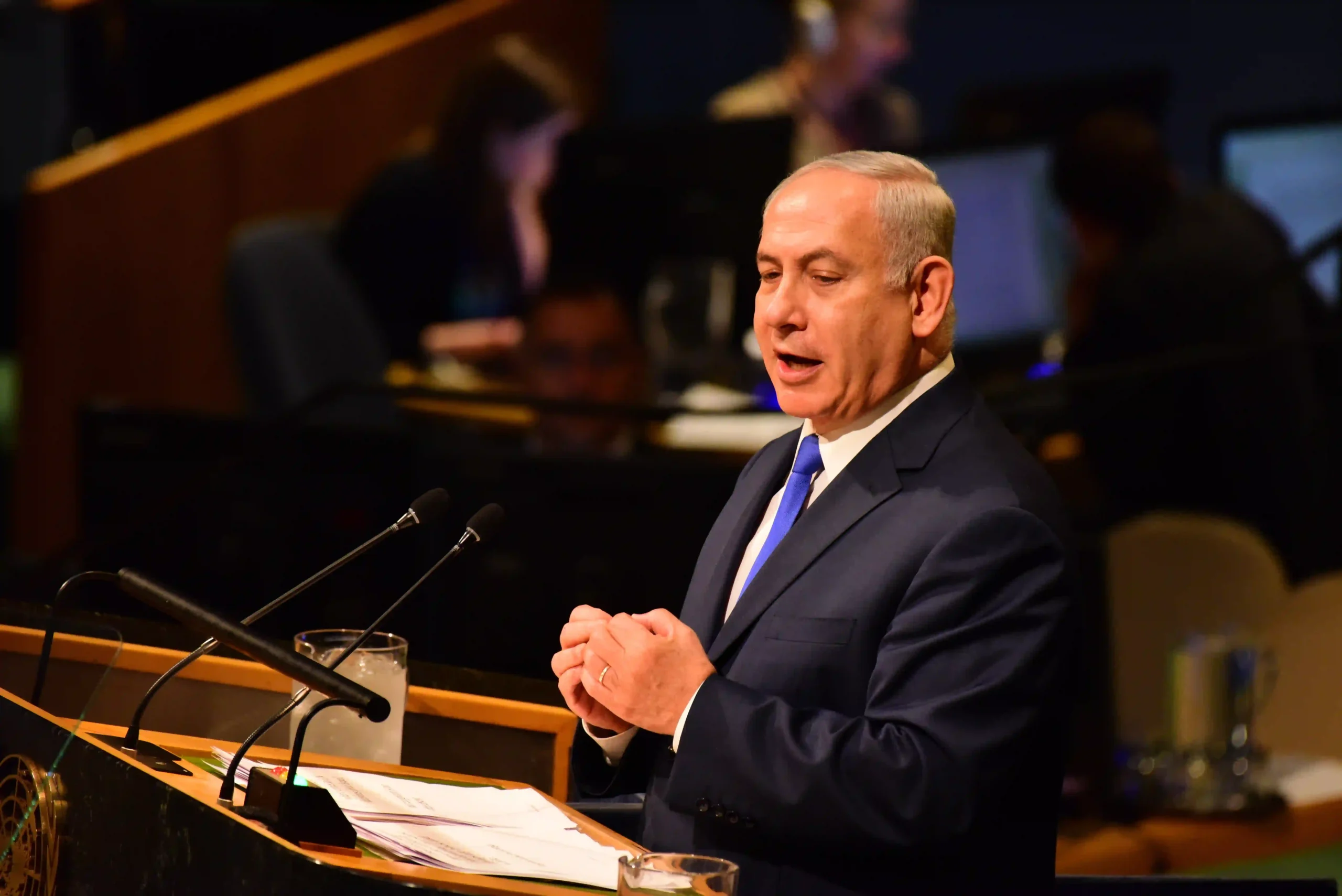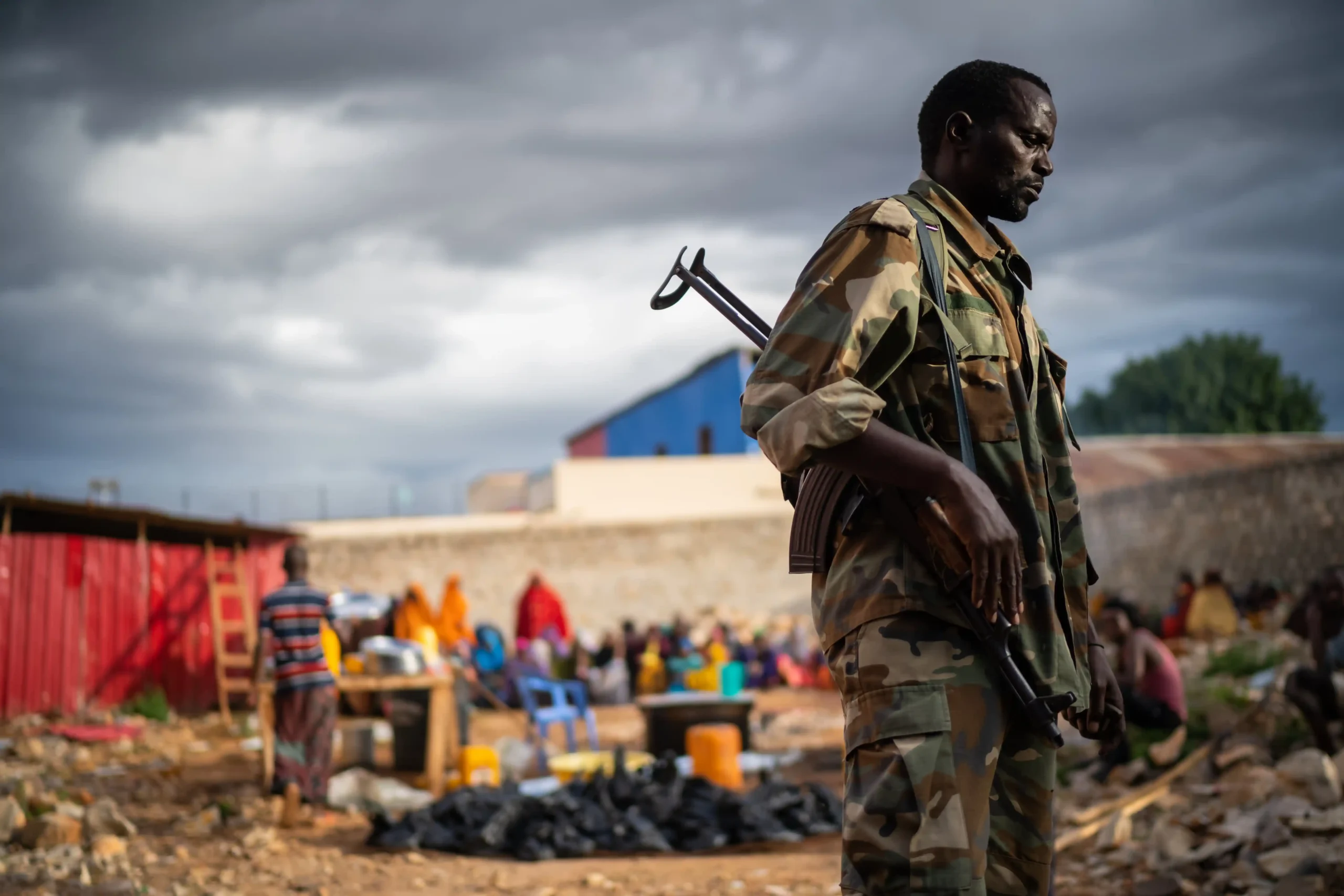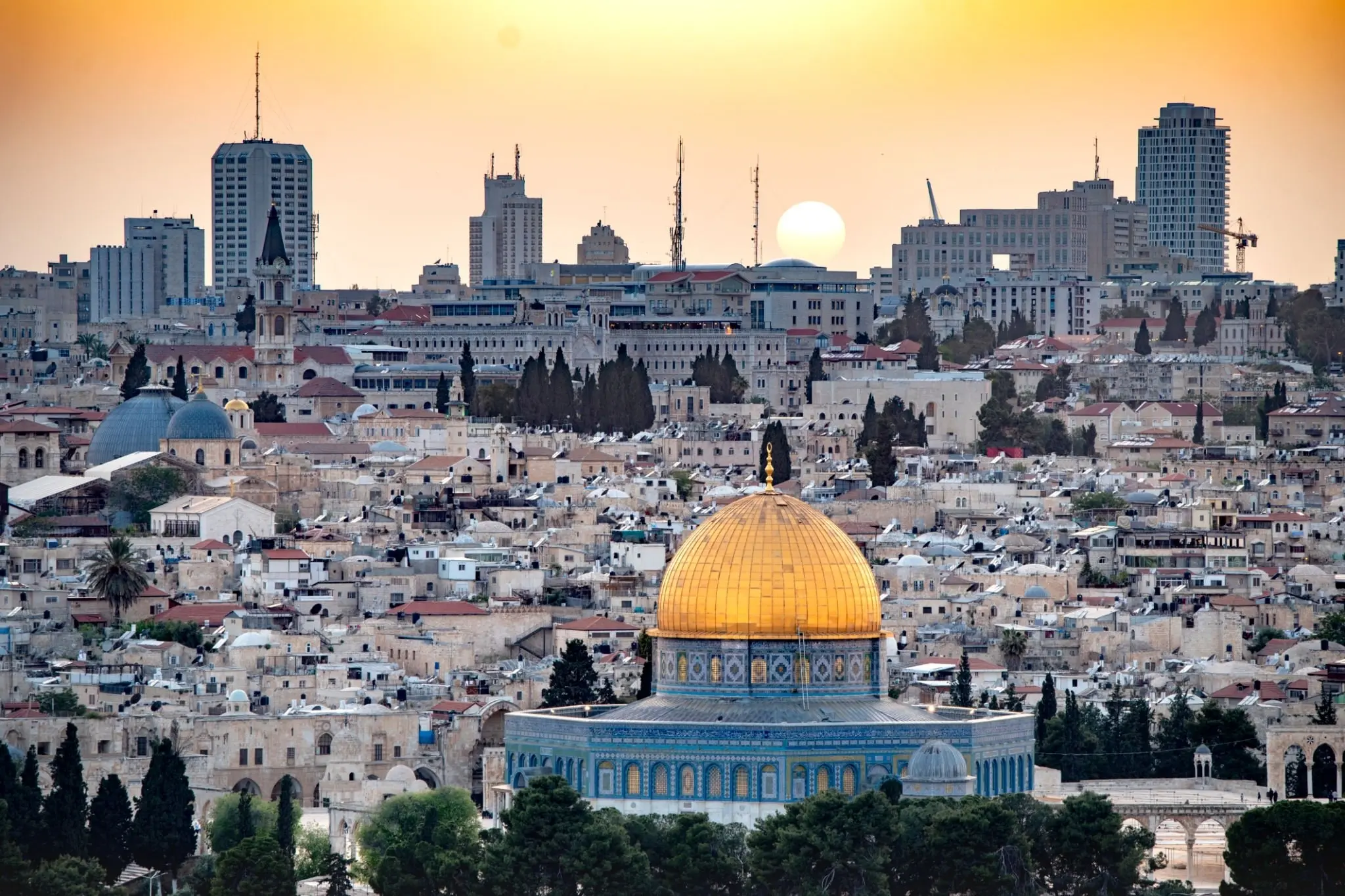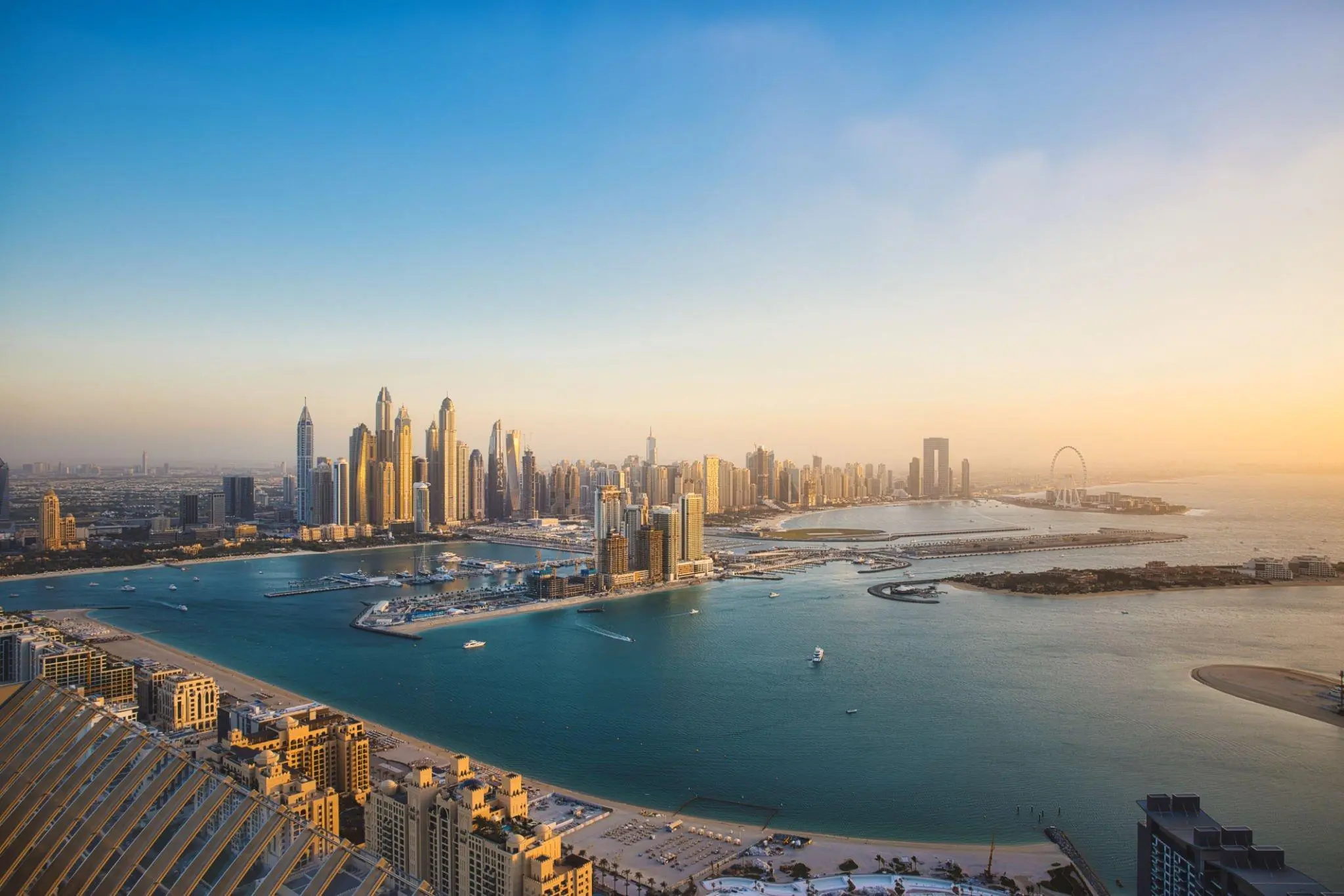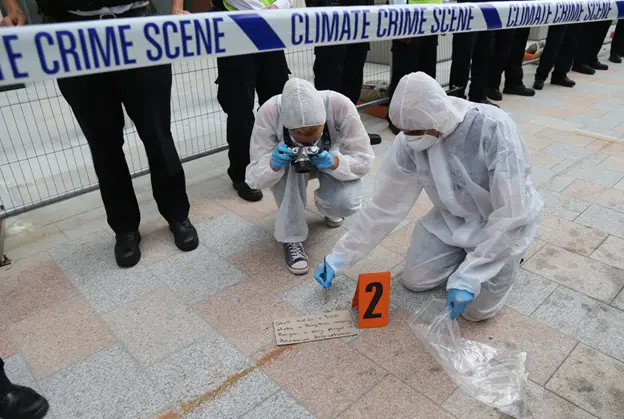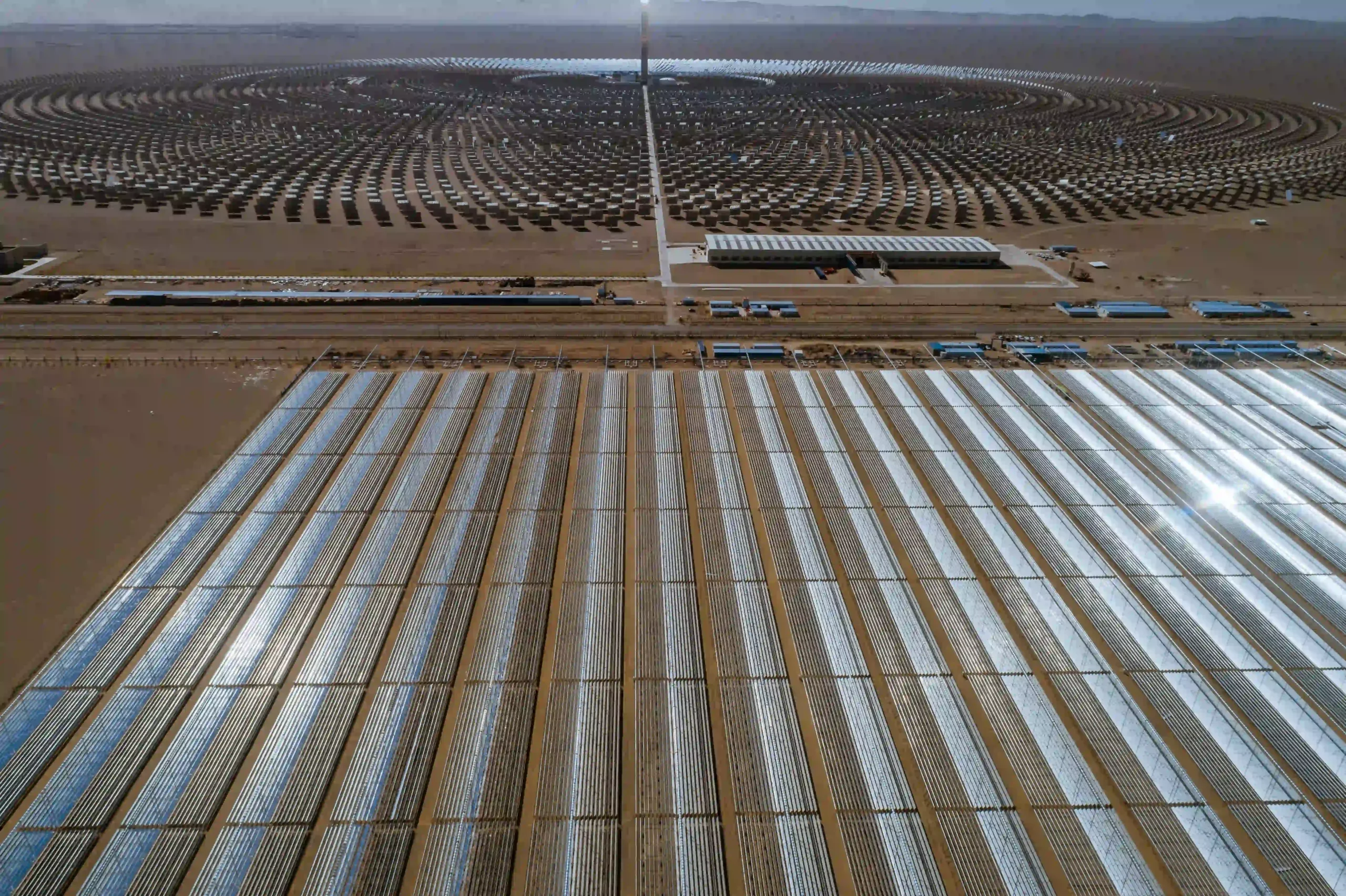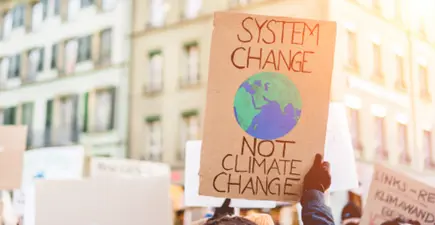30 Jan 2024
The Vicious Cycle of Violence: Next Steps Post-Jordan Attack
On Jan. 28, 2024, a significant drone strike occurred at an American military outpost situated along the Jordanian-Syrian border. The targeted attack led to the death of three American troops, with 34 additional personnel sustaining injuries, as reported in the latest statement released on Jan. 30, 2024.
This event holds profound implications and is poised to instigate repercussions that warrant careful analysis and monitoring. Notably, it marks the first instance of American service members being killed by hostile fire in the Middle East since the commencement of the Israel-Hamas War. The attack's location and timing carry additional connotations, underscoring the need to anticipate and evaluate the potential developments that may occur.
Moreover, the Islamic Resistance in Iraq (IRI) claimed responsibility for the attack in a statement, explicitly stating, “We targeted four enemy bases, including three situated in Syria: Al-Shaddadi base, Al-Rukban base, and Al-Tanf base (located near the Syrian-Jordanian border). The fourth targeted base is within the occupied Palestinian territories, identified as the Zevulun Naval Facility.”
30 Nov 2023
An Open Letter to COP28
Dear leaders, negotiators, and decision makers,
This year, "Unite-Act-Deliver" is the slogan of COP28, a pivotal event in the international endeavour to combat climate change. The increasing number of climate disasters in 2023, wherein severe weather phenomena have wreaked devastation on a global scale, shows the urgency of the need to act. The United States, Hong Kong, Greece, Libya, Turkey, Bulgaria, Spain, Taiwan, Pakistan and China were all affected by hurricanes, storms, droughts, and flooding. The floods that struck Libya and Pakistan were particularly devastating, resulting in substantial destruction of infrastructure and loss of life, and increasing sea levels and heat surges that have been felt globally have also occurred.
Furthermore, the adverse effects of climate change on food and water security on a global scale have impeded progress towards attaining the Sustainable Development Goals. In particular, food systems are accountable for one-third of worldwide green gas emissions and have slowed agricultural productivity for the past five years which entails the transformation of food systems to achieve net-zero emissions.
27 Sep 2023
Netanyahu and the Art of Storytelling
Since its emergence, Zionism has been an ideology of strategic and ambitious imagination. In his address to the UN General Assembly's 78th session, Israeli Prime Minister Benjamin Netanyahu takes every opportunity to confirm the effectiveness of this strategy and ensure the fruition of his vision for a “New Middle East.” Although the address was very much consistent with the Prime Minister’s record of flamboyant public speaking and Israel’s usual public image projection, it was equally revealing of a certain political desperation lurking in the shadows.
30 May 2023
Somalia’s Gamble on American Intervention
A humanitarian crisis is unfolding in Somalia after flash floods have displaced over 200,000 people, exacerbating the country’s ongoing struggle with mass starvation, water scarcity and terrorism. For over a decade, jihadi organisation al-Shabaab has carried out attacks and terrorised civilians, both in Somalia and neighbouring countries including Kenya and Ethiopia, prompting extensive counterterrorism offensives by the Somali government with support from numerous international actors including the US, UK, EU, Eritrea, and Turkey. Not surprisingly, the US holds one of the largest shares in security assistance (and peacekeeping operations) funding to Somalia, amounting to around $3 billion in the last decade. Where insurgency goes, the American military follows, but to what effect? If there were ever doubts about the long-term effectiveness of American military intervention, the Taliban’s takeover in Afghanistan in 2021 certainly solidified their validity. Though the intervention in Somalia can be considered low profile relative to other American adventures, that might be a cause for more concern. In the wake of recent developments, the question of if Somalia will be the next Afghanistan emerges once again.
22 May 2023
Interview with ChatGPT: Will These Applications Bring the End of Human Knowledge?
OpenAI released its AI chatbot in November 2022. ChatGPT is able to generate text, answer questions, summarise information, and write code, the eerily human chatbot has taken the world by storm, setting the record for fastest growing application in history. It took Instagram 2.5 years to reach 100 million monthly active users and TikTok nine months. ChatGPT attracted 100 million monthly active users in less than three months.
ChatGPT becoming an internet sensation has created fascinating use cases from writing high school essays to passing business and medical schools’ exams. Its usage has also brought about a slew of ethical concerns related to data privacy, content ownership, and its potential to disrupt nearly every job market. I sat down with ChatGPT to see what it had to say for itself.
26 Apr 2023
Netanyahu’s Israel: Escalating Security Threats & Political Fault Lines
The Al-Aqsa Mosque in Jerusalem is a hotbed of tension between the Israeli forces and Palestinians. The “clashes” which are often depicted by international media reports as a struggle between two equal counterparts are part of a larger system used by the Israeli government to prevent and put into check any form of Palestinian resistance. However, when it comes to Al-Aqsa, media accounts tend to amplify certain narratives that justify police or military retaliation. Accounts from Israeli official sources vary greatly from the official Palestinian accounts and point to the large role that narratives about rights play in shaping the conflict on the ground. From the Israeli perspective, the presence of Palestinians in Al-Aqsa overnight is framed as a potential security threat while for Palestinians, the heavy presence of Israeli police and frequent raids, particularly during prayer times in the holy month of Ramadan, is a violation of their basic right to worship. Identifying the exact cause of violent escalation then becomes an issue of validating the accounts presented by each side which often pits official reports by the Israeli forces against individual Palestinian accounts and those of rights organisations present in the areas; arguably contributing further to international complacency. However, although the raids on Al-Aqsa Mosque are an annual occurrence, especially during Ramadan, the 2023 raids come under different circumstances than previous years.
26 Apr 2023
Hey Siri, Build a House: 3D Printing in Construction
Humanity’s ability to create permanent structures has been an essential part of civilization for thousands of years and was crucial for our transition from hunter-gatherers to settled peoples. As groups of people settled down in a single place, we have had to advance construction techniques and technologies to further the development of our societies, our ability to advance construction techniques has led to the creation of structures that inspire humanity and continue to push the boundaries of what we think is possible.
Recently however, the construction industry has been slow in adopting new innovations that have helped revolutionize other industries, at a time where it is expected that 300 million new homes are needed by 2030 and construction related activities contributed to 37% of global CO2 emissions in 2021, the need to adopt new technologies that will increase efficiency and reduce emissions is of paramount importance and 3D printing has been touted as the solution to the construction industry’s woes.
17 Apr 2023
What to Expect at COP28
The stakes are high at the upcoming UN Climate Change Conference (COP28), which will be hosted in the United Arab Emirates in November 2023. The United Nations’ Intergovernmental Panel on Climate Change’s (IPCC) latest publication on the state of climate in the world, the Sixth Assessment Report, warns that countries are way off track to limiting warming to 1.5 degrees above pre-industrial levels to avoid the worst impacts of climate change. The science clearly shows it is no longer a question of “if” human activities are the main cause of the disruption to nature - they certainly are - but there is also explicit evidence that we also have affordable and effective solutions that require immediate action and a serious commitment to changing our energy system. While past COP summits have attempted to reach consensus and binding international agreements on emission reduction strategies and goals, previous IPCC reports have repeatedly stated that climate plans need to be more ambitious. Despite this, countries are still lagging behind, even on the goals that are considered insufficient. With this, a number of pressing issues are expected to be at the forefront of the Dubai COP.
4 Apr 2023
Turning Up the Heat: Climate Litigation & Civil Disobedience in 2023
Climate litigation has been a steadily growing trend in recent years with the number of litigation cases multiplying globally in 2022. In 2023, a new wave of climate lawsuits are stirring concerns among big industries, corporate stakeholders and governments and causing businesses to increase attention to precise reporting and accountability for emissions. As more regulators globally are developing rules that require large companies to disclose their climate-related risks, more companies are beginning to comply with the requirements and integrating the new regulations in their planning; demonstrating the critical nature of this shift. While the race to curb global heating gets tighter, the spotlight is growing on actors that are exacerbating the fossil-fueled climate crisis. At the same time, the gap between the concrete actions that companies and governments should be taking and where they currently stand is still huge. This makes climate litigation a more appealing channel for frustrated environmental activists and citizens. What impact does increased climate litigation have on businesses and governments? And what happens when legal paths yield unsatisfying results?
28 Mar 2023
Navigating Climate Risk in the Era of Green Transition
Growing climate risks in the MENA region pose a number of threats to the investment environment, which could jeopardise both current and future economic plans. While the progress that countries in the region have made by establishing climate action strategies and confirming their commitment to the green transition has signalled to investors that there is a market for mitigation and adaptation technologies, the impact of climate change may be moving at a faster pace. Forecasts show that temperatures in the region have been increasing at double the rate of the global average and that by 2050 they may increase by 4 degrees; potentially making many cities uninhabitable. In the next few years, it is likely that MENA countries will be faced with the challenge of simultaneously managing the impact of extreme weather conditions alongside the risks accompanying the transition towards emission reductions and sustainability policies. Are the region’s economies ready to navigate the impact that climate risks could have on investments and growth? And what could this mean for investments needed to support the growth of new technologies for the green transition?
28 Mar 2023
The Degrowth Movement: A Shaky Path from Discourse to Policy
As the world struggles to confront the increasingly complex social and environmental challenges, alternative socioeconomic systems and concepts such as degrowth have been regaining traction. Degrowth is an economic theory and social movement that aims to reduce environmental degradation and social inequality through reducing consumption, production and population growth. Although it can be traced back to the 1970s, the degrowth movement has since struggled to become politically acceptable despite critiques to economic growth becoming more commonplace. Still, its advocates persist in their arguments and continue to warn about the dangers of unlimited economic growth. The question is, is degrowth on the rise or will it continue to be a marginalized movement? And if so, why is it struggling to prove its validity? Finally, is there any reason to consider its proposals viable and what could be the implications of dismissing it altogether?
1 Mar 2023
Have Netanyahu’s Judicial Reforms Opened an Existential Can of Worms?
Israel’s proclaimed status as the only democracy in the Middle East is coming into question as enraged Israelis take to the streets to protest the governments’ most recent proposals. Netanyahu’s controversial right-wing government’s attempt to overhaul the judiciary has intensified polarization and widened the longstanding gaps between the right and left as well as the secular and the religious segments of society. The proposed law, which would allow the government to override court decisions by a simple majority and make its own judicial appointments, has already passed votes in a session of the Knesset Law and Constitution Committee to go to its first reading at the Knesset on February 20th, supposedly leaving time for the sides to attempt a negotiation process.
However, as trust in political parties and the formal democratic process has declined, protesting until the decision is reversed appears to be the left’s only option as protests continue for the seventh week. Still, whether the outcome is a reversed decision or a prolonged negotiation process, the current situation has arguably been a catalyst for a societal transformation that may have been long overdue for Israelis. For years, many have been asking “what happened to the Israeli left?” but the process currently unfolding may have greater implications. The question now is, how significant is this transformation, to what extent can it penetrate and reshape some of the most deeply rooted elements of Israeli political culture and what impact could this potentially have on the conflict with Palestine?


